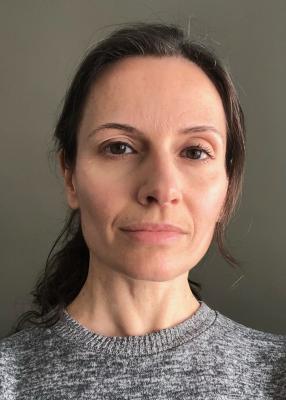Amélie Perron is a full professor at the School of Nursing of the University of Ottawa and co-president of the Nursing Observatory. Her clinical practice is grounded in community psychiatry and crisis intervention. Her research deals with disclosures in health care, whistleblowing in nursing, sociopolitical issues in nursing and nurses’ political action. She also looks at the way these various elements influence, on the one hand, organizational and public representations of nurses, and on the other, the latter’s sense of professional identity. Professor Perron is also interested in health-care settings as epistemological structures, specifically, in the processes of promotion, transmission or exclusion of certain forms of knowledge, including information resulting from disclosures by members of health-care organizations. She has published a number of peer-reviewed pieces and is the co-author of the book On the Politics of Ignorance in Nursing and Health Care: Knowing Ignorance (Routledge, 2015) She has also co-edited two books, Power and the Psychiatric Apparatus: Assistance, Repression and Transformation (Ashgate, 2014) and (Re)Thinking Violence in Health Care Settings: A Critical Approach (Ashgate, 2012). As well, Professor Perron is the editor of Aporia: The Nursing Journal, an international bilingual journal (English-French) with an editorial review board. It receives funding from the Social Sciences and Humanities Research Council of Canada and the Canadian Institutes of Health Research.
Professor Perron is not currently accepting new students for thesis supervision.
